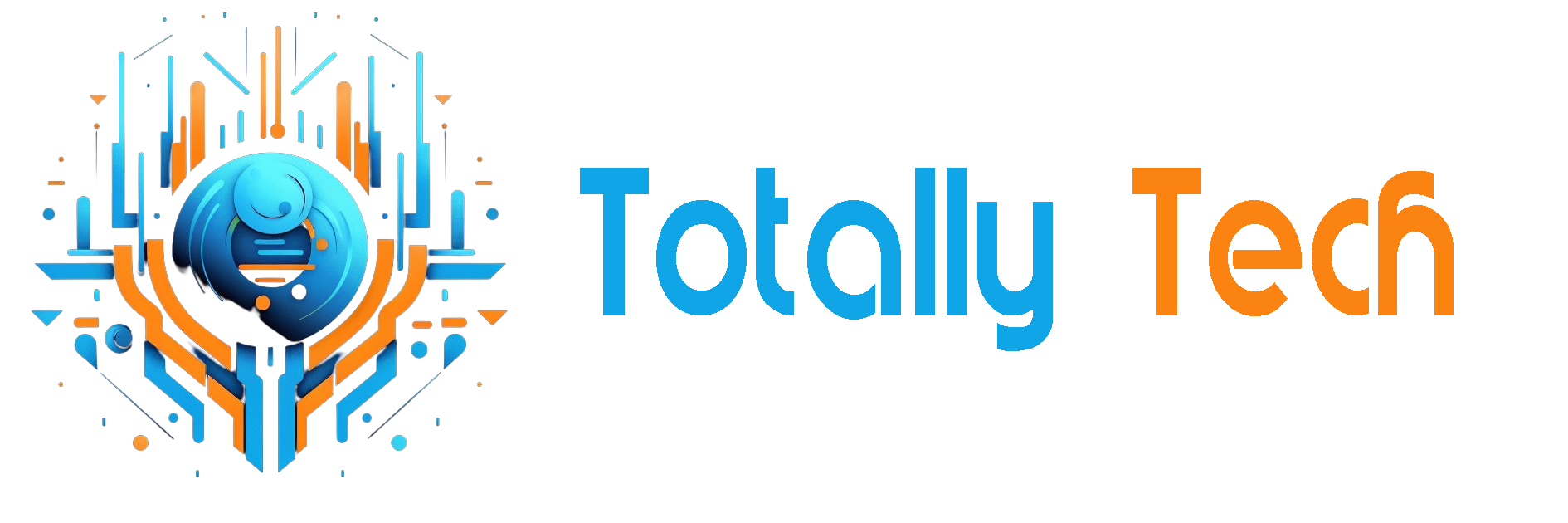
As artificial intelligence (AI) has grown, it’s stirred up a lot of questions about job losses. What if it didn’t take over your role but your boss’s? As strange as it may seem, some businesses are already experimenting with AI managers.
How Do AI Bosses Work?
In many ways, an AI boss functions the same way a human leader does. A machine learning model analyzes company performance, sets goals, checks in on employees, and suggests potential strategies or process improvements. Human executives retain the power for larger decisions like hiring and firing or authorizing transactions, but AI handles the minutiae of middle management.
Managerial work involves many tasks AI typically outperforms humans in — things like complex problem-solving and reviewing documents. Consequently, some companies see it as an ideal fit for these roles.
They’re already acting on the potential, too. Mobile app developer NetDragon Websoft appointed a robot CEO in 2022. The AI bot, named Tang Yu, provides real-time data analysis to inform strategic decisions, assesses risks and streamlines workflows. Other organizations, including rum brand Dictador, have also invested in AI leadership, with more testing the technology in smaller roles.
Benefits of AI Bosses
This push to automate managerial functions makes sense when you consider how repetitive and data-heavy much of the work is. AI managers have several advantages over conventional approaches to leadership.
Cost Effectiveness
The most obvious upside to AI bosses is that they don’t require a salary. You’ll usually see people talk about automation’s cost-saving benefits in terms of entry-level, basic tasks, but it’s more impactful in management.
CEOs make 399 times what typical workers earn on average, and the gap has grown over time. From an economic perspective, it makes more sense to automate these high-paying positions than an entry-level one. Alternatively, companies could use AI to reduce the workload on managerial staff. That way, managers could accomplish additional work in less time, delivering an improved cost-to-value ratio.
Rational Decision-Making
An AI boss could also improve company strategy by removing emotional factors from key decisions. Machine learning determines the best path forward purely by analyzing data. Consequently, businesses wouldn’t have to worry about clouded judgment, and employees wouldn’t have to play the game of office politics.
Similar benefits apply to leadership as a whole. While you may hear people talk about “natural leaders,” studies find that no leadership style is the best in every scenario, and optimal supervision is actually a matter of cognitive skill. Successful management analyzes the situation to find the ideal approach in the moment — the exact kind of analysis AI excels at.
Accurate Forecasting
Similarly, AI tends to outperform humans when it comes to predicting future outcomes. Predictive analytics models can make accurate estimates based on past trends, while human experts struggle to do the same. That’s a critical advantage for a leader to have.
Bosses must be able to see how things might play out for a business to form effective strategies. AI is good at doing so because it can pick out subtle patterns in past data, but such detail-oriented work is usually slow and error-prone when people do it.
Around-the-Clock Availability
It’s also worth considering how a chatbot can answer employees’ questions at any time. Human managers being too busy to talk with or help workers are all too common — just 7% of U.S. employees say their workplace has open, accurate and timely communication. AI can help because countless users can talk with the same chatbot simultaneously.
On top of being available around the clock, chatbots provide immediate responses. They also get their answers from the same data every time, reducing the likelihood of mistakes or miscommunication. As a result, a robot manager could foster a more collaborative and efficient team.
Downsides of AI Bosses
Given those benefits, it’s no surprise businesses would want to pivot to AI bosses. However, there are still a few significant roadblocks standing in the way.
Job Displacement
As with any kind of automation, AI management raises questions about job losses. The fear may not be as pronounced here as in other roles because there are fewer managers than other employees, but any job displacement negatively impacts someone.
Automating higher-level positions may also remove promotion opportunities seasoned employees would otherwise have. When a robot handles the management side of things, where can a veteran worker go to earn more from their experience? This lack of mobility affects turnover, as it’s the second most common reason behind people leaving their jobs.
Accountability and Bias Issues
There’s also the problem of bias. While AI seems like a less prejudiced solution at first, AI can worsen existing disparities if it learns from biased data. It can also be hard to catch AI bias before deploying the technology, so putting a bot in charge could lead to unfair treatment in the workplace.
Along similar lines, AI can’t take accountability for mistakes the way a human leader can. Machine learning may be accurate in most cases, but it can still hallucinate or get things wrong. When it does, who do you blame? How do you hold a machine responsible for poor outcomes?
Security and Privacy Concerns
AI bosses introduce unique cybersecurity and privacy risks, too. Managing a team means dealing with a lot of sensitive information about employees, customers and the business. Giving one AI program access to all this data means a single breach could have severe consequences.
Cybercriminals could also target organizations through data poisoning attacks. By inserting malicious lines of code into the model’s training database, they could limit its accuracy or install a backdoor so they can control it. Such an attack would put company leadership in the hands of criminals or lead to damaging automated processes.
Will AI Replace Your Boss?
In light of these advantages and disadvantages, AI bosses face an uncertain future. Over time, bots will become increasingly accurate, and people will find solutions to issues of bias and cybersecurity. As they do, AI managers will become a viable option for a wider range of businesses, but AI won’t likely replace human executives entirely.
As beneficial as AI can be in some areas of management, it lacks the creative thinking and nuance necessary for other parts of the role. Consequently, AI-human collaboration may be the best way forward, and early results support that idea. AI models working with human managers have achieved a 72% success rate in motivating employees — outperforming both AI and people alone.
In the future, leadership at your company may become increasingly reliant on AI, but don’t expect to report solely to a robot. Some businesses will likely appoint AI executives as NetDragon Websoft has, but human leaders will still be present.
AI May Assist Managers but Won’t Replace Them for Now
As AI technology advances, it will play a bigger role in company management. However, concerns over cybersecurity, workforce considerations and accountability — as well as AI’s inability to think creatively — hold it back from taking over entirely. AI may not replace your boss, but it could help them do a better job.
The post Could AI Become Your Boss? appeared first on Unite.AI.


